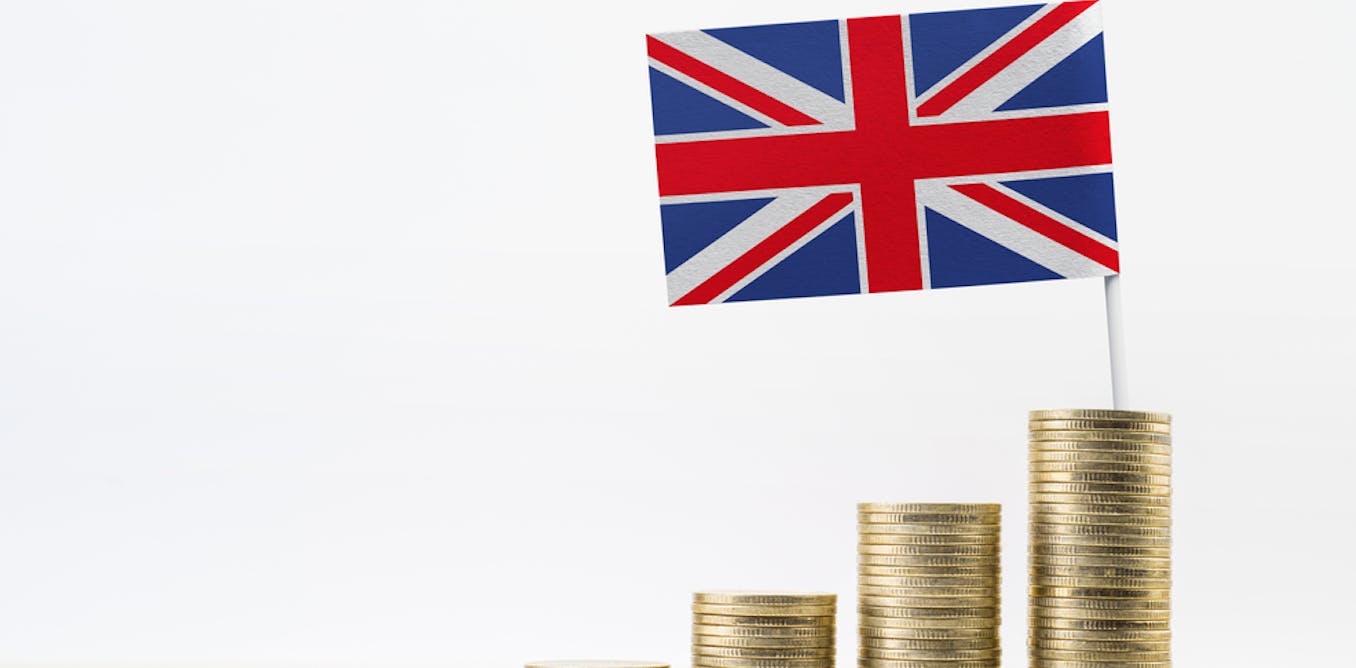What's in store for the UK in 2023? Here's one economist's view
Last year was an eventful one for the UK which lost its longest-serving monarch, went through two prime ministers, and faced economic stagnation, financial turmoil, rampant inflation and a cost of living crisis.
To kick off 2023, UK prime minister Rishi Sunak set out five priorities, leading with pledges to halve inflation, boost economic growth and cut national debt, as well as addressing NHS waiting lists and the issue of immigrants arriving to the UK in small boats.
Continued here